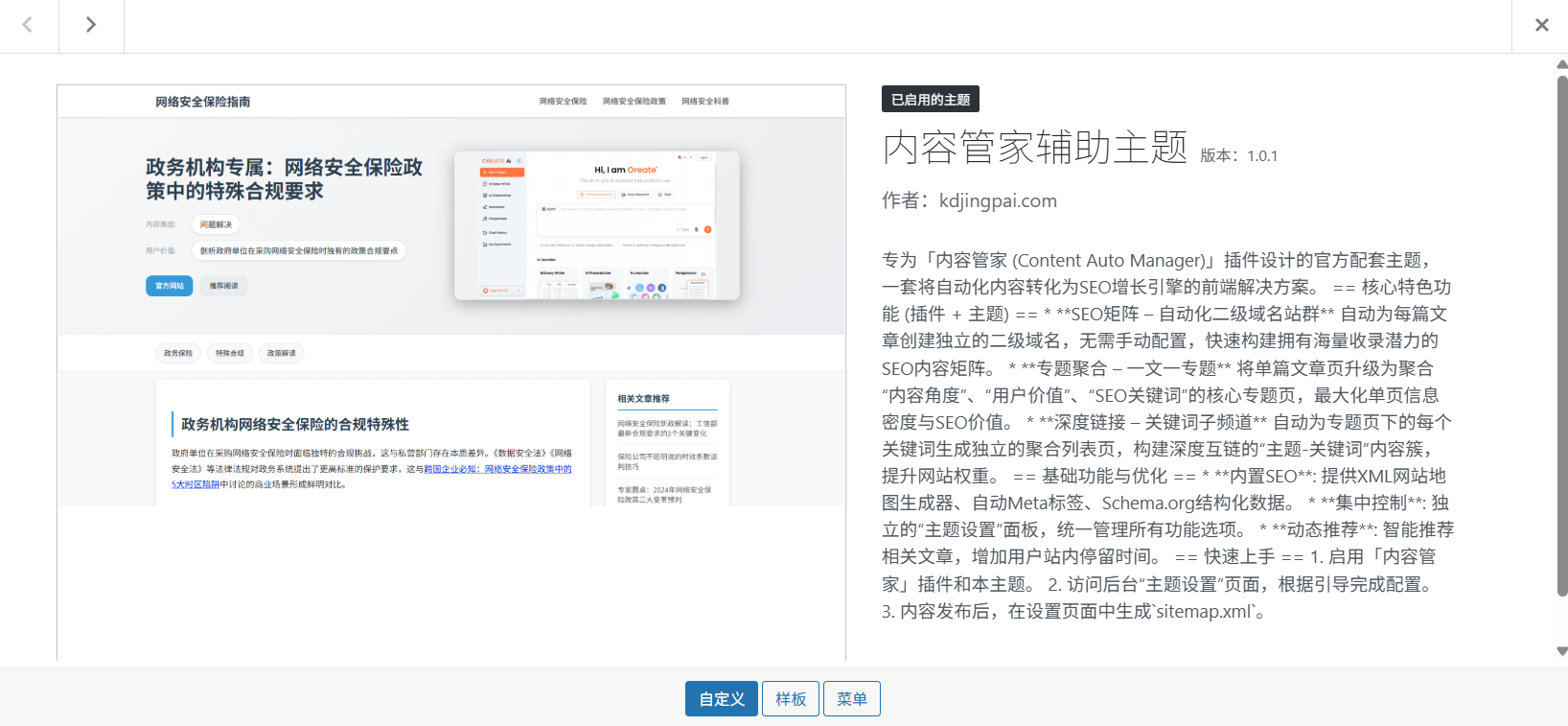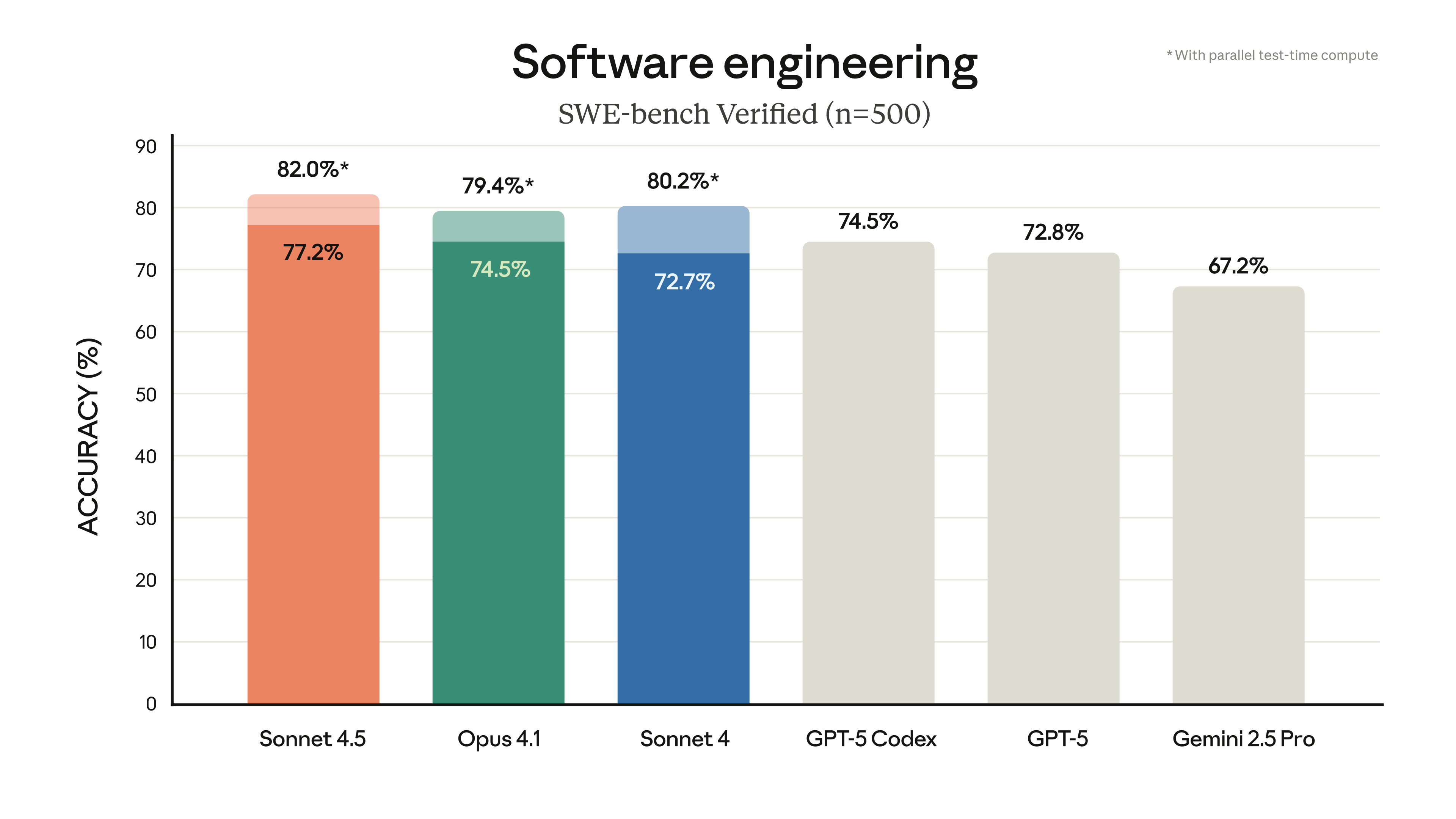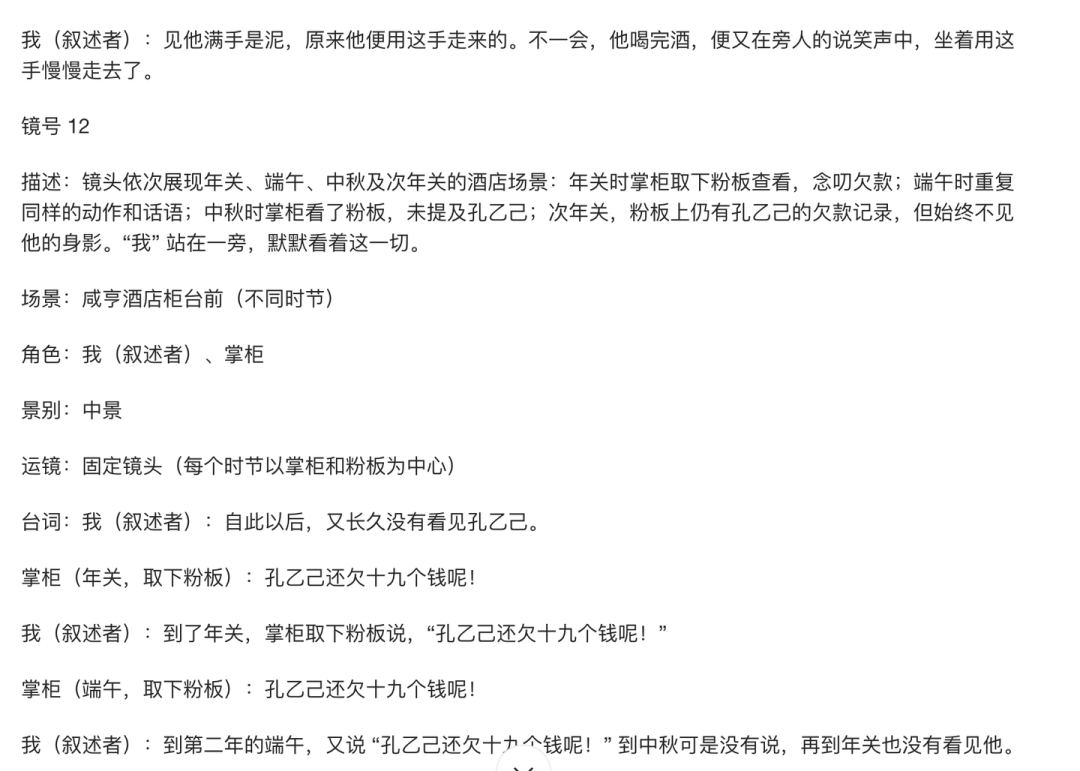Bilbo's team collaboration feature is realized through a three-tier mechanism:
- Universal Data Dictionary (UDD): Define team-common datasheet naming rules in Settings > Data Context (e.g., map "customer_id" to "customer_number")
- Customized instruction libraries: Save common query logic (e.g. "Quarterly Calculation Rule = Natural Quarter") to avoid repetitive explanations.
- Query History Sharing: Team members can view historical query records and corresponding results
The core value of shared data context is reflected in:
- disambiguate:: Ensure that terms such as "sales" are calculated consistently across the team
- improve efficiency: New members can query accurately without having to learn data structures from scratch
- Ensuring Consistency: Cross-sectoral reporting using the same data sources and calculation logic
Case in point: After an e-commerce team clearly defined "UV" as "the number of cookies visited after de-emphasis", the conversion rate report discrepancy rate between the marketing department and the data department dropped from 171 TP3T to 31 TP3T.
This answer comes from the articleBilbo: a smart tool for querying and visualizing data using natural languageThe

































